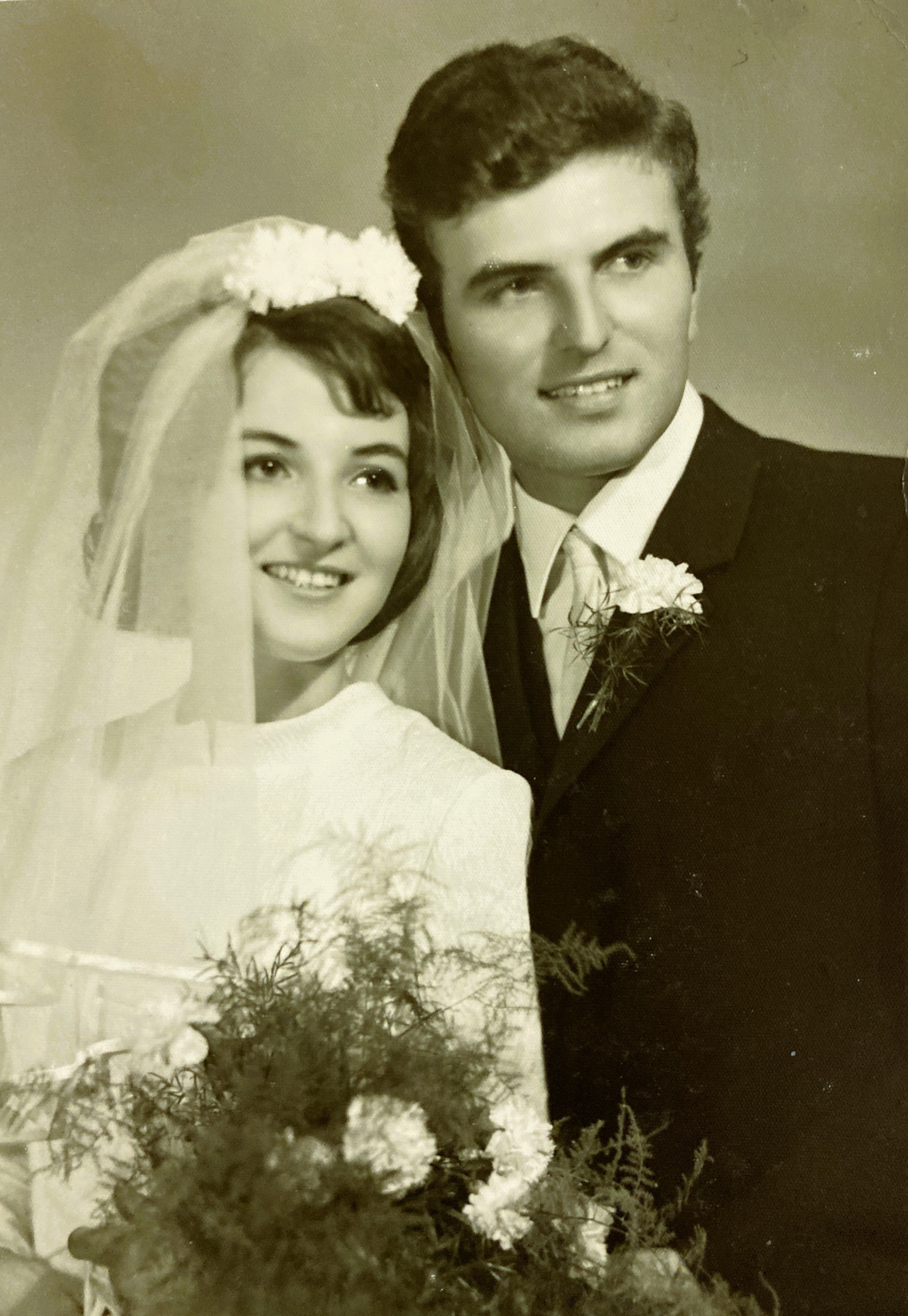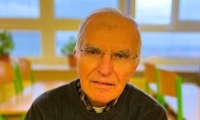Suddenly we were so scared

Download image
Karel Kafka was born on 1 August 1946 into a family of so-called Viennese Czechs who moved from Vienna to Znojmo shortly after the end of the Second World War. His grandfather, Jan Kafka, was a long-time chairman of the shoe association in Austria. He spent his childhood in Znojmo and after graduating from university he went to the army in Cheb. In the same week he got married. During the invasion of the Warsaw Pact troops, he and his friends handed out information leaflets on the streets of Znojmo, which were distributed in the building of the Upper Gymnasium in Znojmo by means of a cyclostyle. He also witnessed an attempt to tear down a statue of a Red Army soldier on Znojmo’s square, to which the soldiers of the occupation army responded by shooting (fortunately into the air). An active sportsman, teacher and coach, he worked for many years at the Kravsko Primary School and in sports classes in Znojmo. Together with skiing enthusiasts in the 1970s they built a ski slope with a ski lift on the slopes of Boskovštejn hill. As a coach he achieved several successes, in 1973-1974 he won the Sportsman of the Year award in the category of Coach of the Year and several of his charges made it to the Czechoslovak national team. The profession of a teacher grew close to his heart and he was glad to be able to practice it. In 2022 Karel Kafka lived in Znojmo with his wife and his tortoise, that he has had for sixty-two years.






